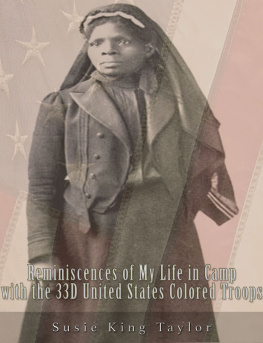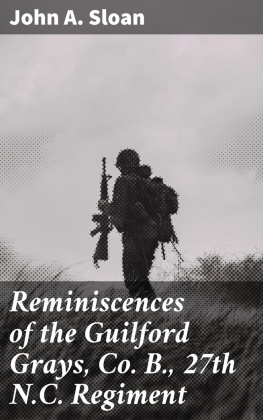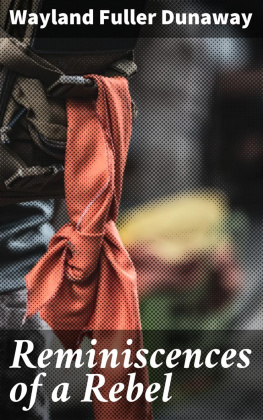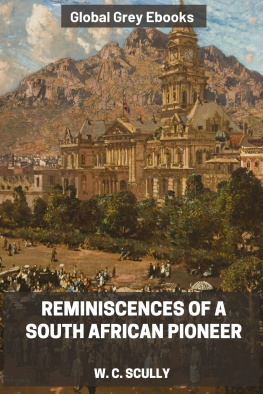Captain Rees Howell Gronow
TRANSCRIBER'S NOTE
The spelling in this book is rather creative (including the occasional spelling of "ankle" as "ancle"), and the punctuation is remarkably varied. I have tried to preserve both, except that the spaces between a word and the following colon or semicolon have been removed. There are also many French words and phrases, whose meaning will usually be obvious as soon as you realise they are French. Of course I apologize for any genuine errors in spelling and punctuation that have crept into this file.
Captain Gronow is an entertaining raconteur who brings his own experiences in the Regency period and the wars with France delightfully to life. Gronow published several sets of memoirs. This file covers the first half of what he published. Search the web for "Captain Gronow" to learn more about this interesting gentleman.
The text is arranged as a series of topics, each with a title in capital letters. Sometimes there is continuity in this arrangement, sometimes there is not. There is no other structure to the text.
I have used the character for "pounds" (money) in this text: ''. If the character in single quotes does not look like a pound sign to you, well, at least you know what is intended. The book text uses a lower case 'l' for this purpose, but in computer fonts the 'l', looking just like a '1' when following a string of digits, is confusing.
Many thanks to Pam Wisniewski for proofreading this text.
Tobias D. Robison, September, 2001 tdr21@columbia.edu
Reminiscences of Captain Gronow
Formerly of the Grenadier Guards, and M.P. for Stafford:
being
Anecdotes of the camp, the court, and the clubs,
at the close of the last war with France.
Related by himself.
"O friends regretted, scenes for ever dear!
Remembrance hails you with her warmest tear!
Drooping she bends o'er pensive fancy's urn,
To trace the hours which never can return."
London:
Smith, Elder and Co., 65, Cornhill.
M.DCCC.LXII.
CONTENTS
CONDUCT OF THE RUSSIAN AND PRUSSIAN SOLDIERS DURING THE OCCUPATION
OF PARIS BY THE ALLIES
A FEW WORDS TO THE READER
It has been my lot to have lived through the greater part of one of the most eventful centuries of England's history, and I have been thrown amongst most of the remarkable men of my day; whether soldiers, statesman, men of letters, theatrical people, or those whose birth and fortunerather, perhaps, than their virtues or talentshave caused them to be conspicuous in society at home or abroad. Nature having endowed me with a strong memory, I can recall with all their original vividness scenes that took place fifty years ago, and distinctly recollect the face, walk, and voice, as well as the dress and general manner, of everyone whom I have known. I have frequently repeated to my friends what I have seen and heard since the year that I joined the Guards (1813), and have been urged to commit to paper my anecdotes and reminiscences.
Unfortunately, I have not the power of efficiently describing in words the pictures that are hung up in the long gallery of my memory: a man may see very distinctly the landscape before him, yet he may be unable to delineate that which he gazes upon and is intimately acquainted with. A viva voce narrative of an incident told to a friend in conversation may pass muster, and one is able to fill up any gaps in an imperfect description; but it always occurred to me that I had no right to task a reader's time and patience unless I could put before him what I had to say in a lucid and complete form; I therefore refrained from committing myself to print. I have at length, however, yielded to the suggestion of friends, and written down some anecdotes in the best way I could. Soldiers are not generally famous for literary excellence, and when I was young, the military man was, perhaps, much less a scholar than he is at the present day; but I hope that the interest of the matter will make up for any deficiency of style.
In going over more than half a century, and treating of men, women and events, it was necessary to leave out many anecdotes which would, perhaps, have been more interesting than most of those that I have given; for I would not willingly offend, or hurt the feelings of any one, and I wish to respect the memory of the dead, as well as to take into consideration the sensitiveness of the living. My Reminiscences, it will be seen, are nothing more than miniature illustrations of contemporary history; and though the reader may find here and there scraps of biographical matter, I confine myself to facts and characteristics which were familiar to the circle in which I moved, and perhaps are as much public property as the painted portraits of celebrities.
Should this work meet with the approbation of the public, I hope at a future time to publish an additional one, as my memory still serves me with sufficient materials for another volume of a similar kind.
R. H. Gronow.
MY ENTRANCE INTO THE ARMY
After leaving Eton, I received an Ensign's commission in the First Guards during the month of December, 1812. Though many years have elapsed, I still remember my boyish delight at being named to so distinguished a regiment, and at the prospect of soon taking a part in the glorious deeds of our army in Spain. I joined in February 1813, and cannot but recollect with astonishment how limited and imperfect was the instruction which an officer received at that time: he absolutely entered the army without any military education whatever. We were so defective in our drill, even after we had passed out of the hands of the sergeant, that the excellence of our non-commissioned officers alone prevented us from meeting with the most fatal disasters in the face of the enemy. Physical force and our bull-dog energy carried many a hard-fought field. Luckily, nous avons change tout cela, and our officers may now vie with those of any other army in an age when the great improvements in musketry, in artillery practice, and in the greater rapidity of manoeuvring, have entirely changed the art of war, and rendered the individual education of those in every grade of command an absolute necessity.
After passing through the hands of the drill sergeant with my friends Dashwood, Batty, Browne, Lascelles, Hume, and Masters, and mounting guard at St. James's for a few months, we were hurried off, one fine morning, in charge of a splendid detachment of five hundred men to join Lord Wellington in Spain. Macadam had just begun to do for England what Marshal Wade did in Scotland seventy years before; and we were able to march twenty miles a day with ease until we reached Portsmouth. There we found transports ready to convey a large reinforcement, of which we formed part, to Lord Wellington, who was now making his arrangements, after taking St. Sebastian, for a yet more important event in the history of the Peninsular Warthe invasion of France.
DEPARTURE FOR AND ARRIVAL IN SPAIN
We sailed under convoy of the Madagascar frigate, commanded by Captain Curtis; and, after a favourable voyage, we arrived at Passages. Our stay there was short, for we were ordered to join the army without loss of time. In three hours we got fairly into camp, where we were received with loud cheers by our brothers in arms.
The whole British army was here under canvas; our allies, the Spaniards and Portuguese, being in the rear. About the middle of October, to our great delight, the army received orders to cross the Bidassoa. At three o'clock on the morning of the 15th our regiment advanced through a difficult country, and, after a harassing march, reached the top of a hill as the gray light of morning began to dawn. We marched in profound silence, but with a pleasurable feeling of excitement amongst all ranks at the thought of meeting the enemy, and perhaps with not an equally agreeable idea that we might be in the next world before the day was over.






